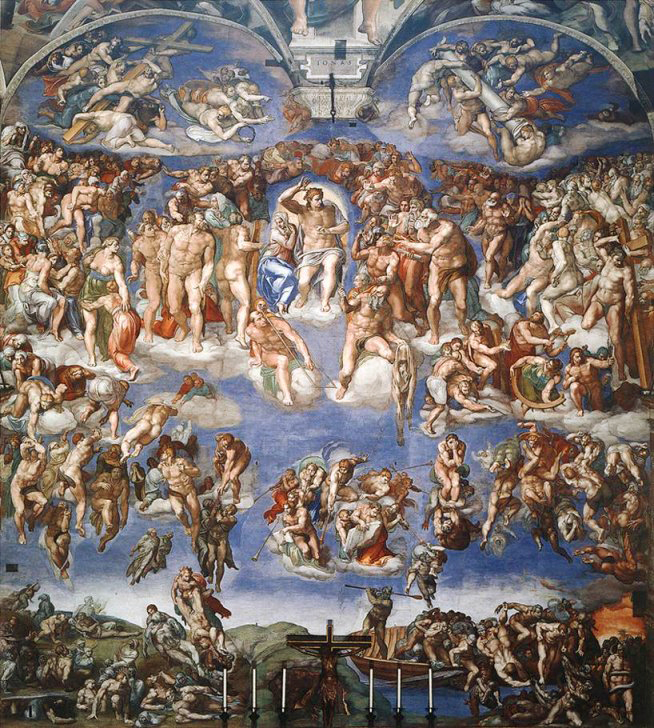Jesus is coming soon. This is the Bible’s continual answer to the question of when our Lord will return to judge the wicked and vindicate the righteous. The Book of Revelation is part of an apocalyptic tradition that followed the exile of the Jewish people. Apocalyptic literature is often political in its form and theological in its content. The Book of Revelation is a perfect example of this kind of polemical, political, theological treatise for a church essentially in exile. Paul outlines our exilic status in 2 Corinthians 5:
Therefore, we are ambassadors for Christ, certain that God is appealing through us. We plead on Christ’s behalf, “Be reconciled to God.” From now on, then, we do not know anyone in a purely human way. Even if we have known Christ in a purely human way, yet now we no longer know Him in this way. Therefore, if anyone is in Christ, he is a new creation; old things have passed away, and look, new things have come. Everything is from God, who reconciled us to Himself through Christ and gave us the ministry of reconciliation: that is, in Christ, God was reconciling the world to Himself, not counting their trespasses against them, and He has committed the message of reconciliation to us.
Our identity as ambassadors is defined by our in-Christ status, by the fact that we are a new creation where old things have passed away and new things have come. As Paul states in Galatians 2:20, “I no longer live, but Christ lives in me. The life I now live in the body, I live by faith in the Son of God, who loved me and gave Himself for me.” We live by faith as ambassadors of our Lord with his life in us, no longer our own. Our knowledge of God through Christ, and therefore our knowledge of everyone through Christ, and our participation with Christ in his death and resurrection bestows upon us a new identity.
In this present era of salvation history, we find ourselves in exile, in the middle of death and resurrection. We stand having been resurrected and made new, yet in an old world passing away, ever confronted with the coming of the new. Knowing this, we eagerly and expectantly long for the coming of our Lord, for the consummation of the ministry of reconciliation. It is the knowledge of his imminent return and consummation, in combination with our own experience of death and resurrection in Christ, that serves as the lens through which we see the world and God himself.
The message of the Book of Revelation can be summarized as this:
Jesus is coming soon, so take heart and have faith that God is with you and hears your prayers. The political structures of this world cannot usurp the will of our Lord. He has already won, and therefore so have you. This is the context for your hope and faith.
If we make anything the focus of this book other than the spiritual healing and political reassurance that it brings the church in trial and exile, we miss the point entirely. I find it highly unlikely that persecuted Christians around the world wonder whether Jesus will come before or after a future time of tribulation–their tribulation is right now, and the message of the Book of Revelation is for them right now. The hope of the second coming is always present in the church and never more or less so at any given moment. It is a place of solace that the Christian can run to when persecuted, doubtful, etc., yet it is also the active animating force of Christian talk about God and Christ.
The fact that the biblical authors never suggest a time when Jesus will return, and that Jesus himself did not know the time or hour when he would return, suggests that the only biblical answer to when Jesus is coming is “soon.” As the lamb himself declares in Revelation 22, “‘ “Look! I am coming soon, and My reward is with Me to repay each person according to what he has done. I am the Alpha and the Omega, the First and the Last, the Beginning and the End.” Jesus’ declaration to John, and to the church global, is that he is coming soon! This should be our only eschatology: Jesus will return soon, and this is the only lens through which we can do theology. Eschatology is theology through the lens of the always imminent second coming of our Lord. The Book of Revelation contextualized the whole project of Christian theology with the political and spiritual declaration to a church in exile: Jesus is coming soon! Amen!





Leave a Reply
Your email is safe with us.